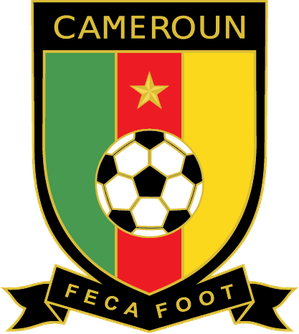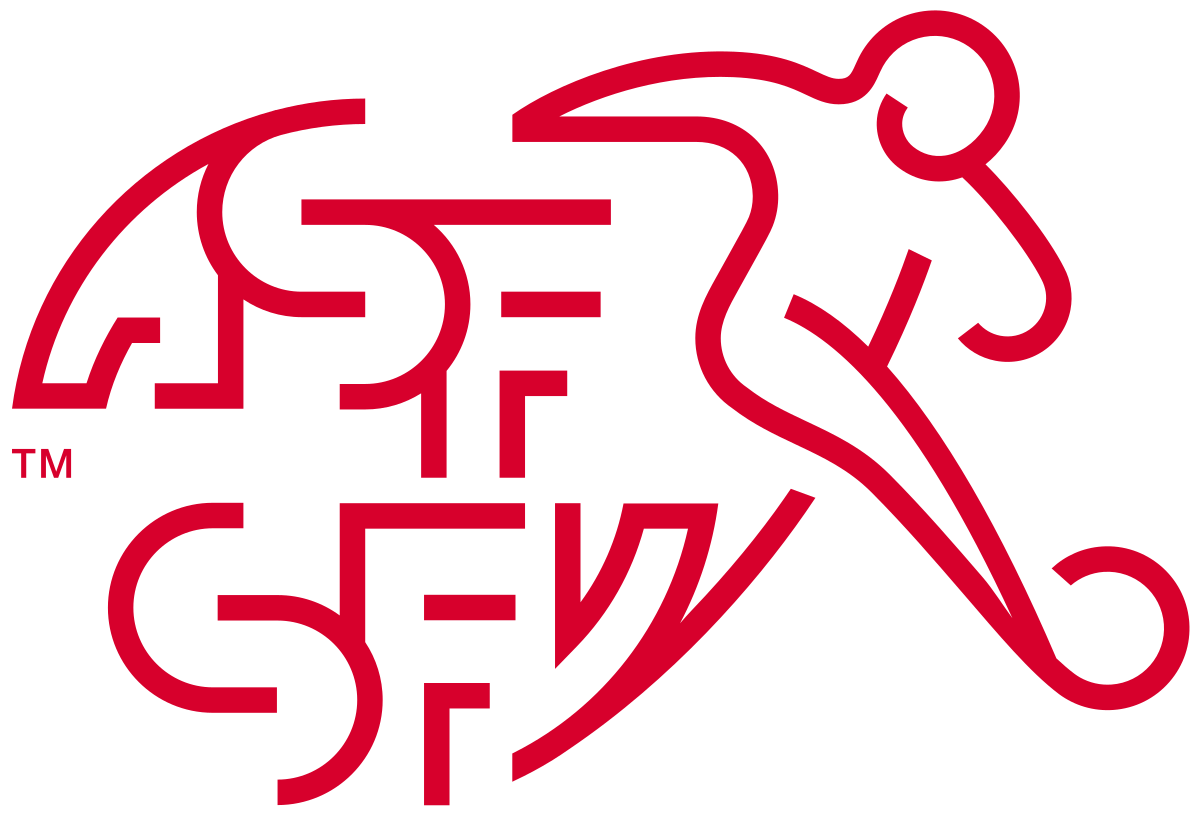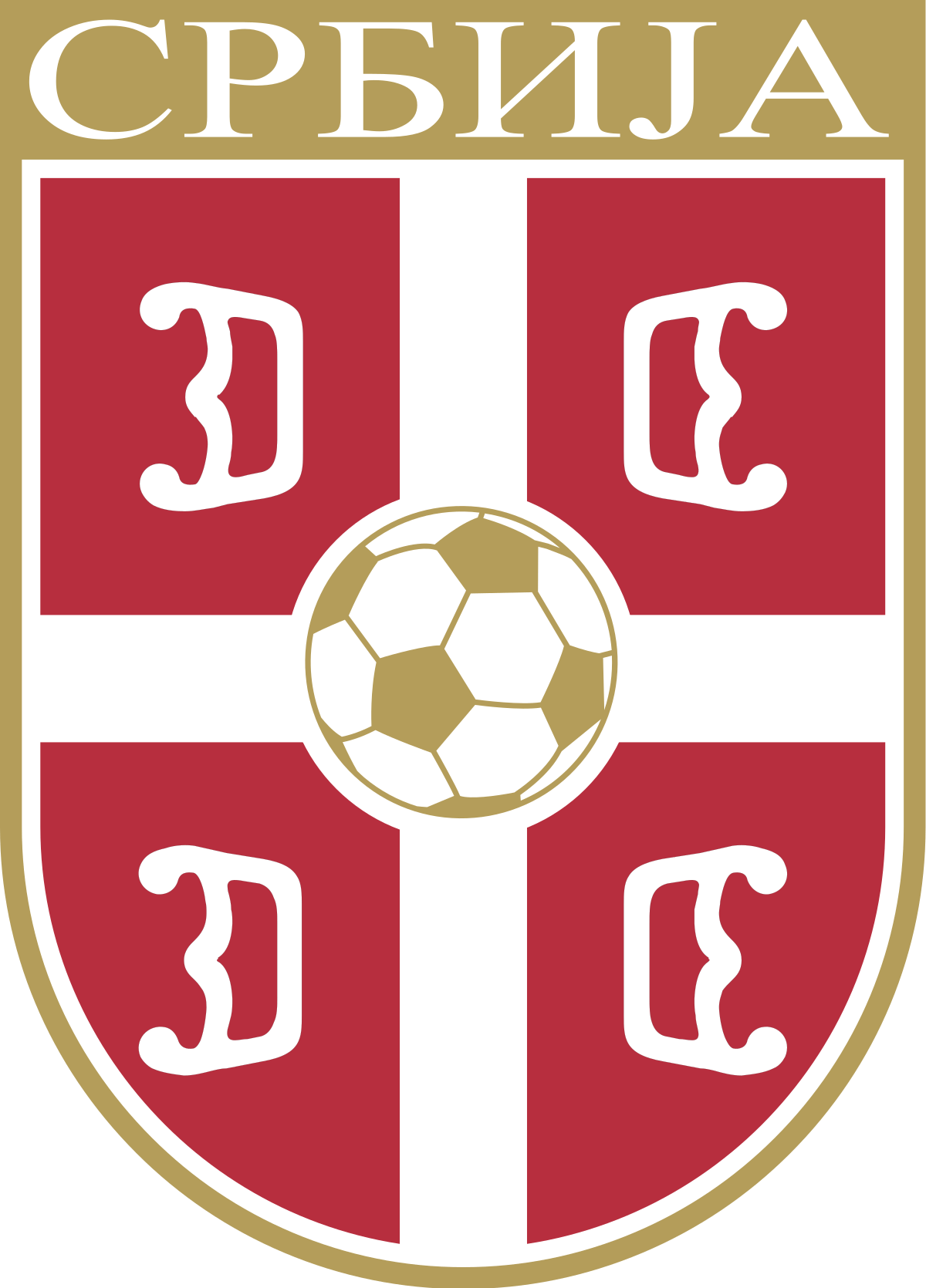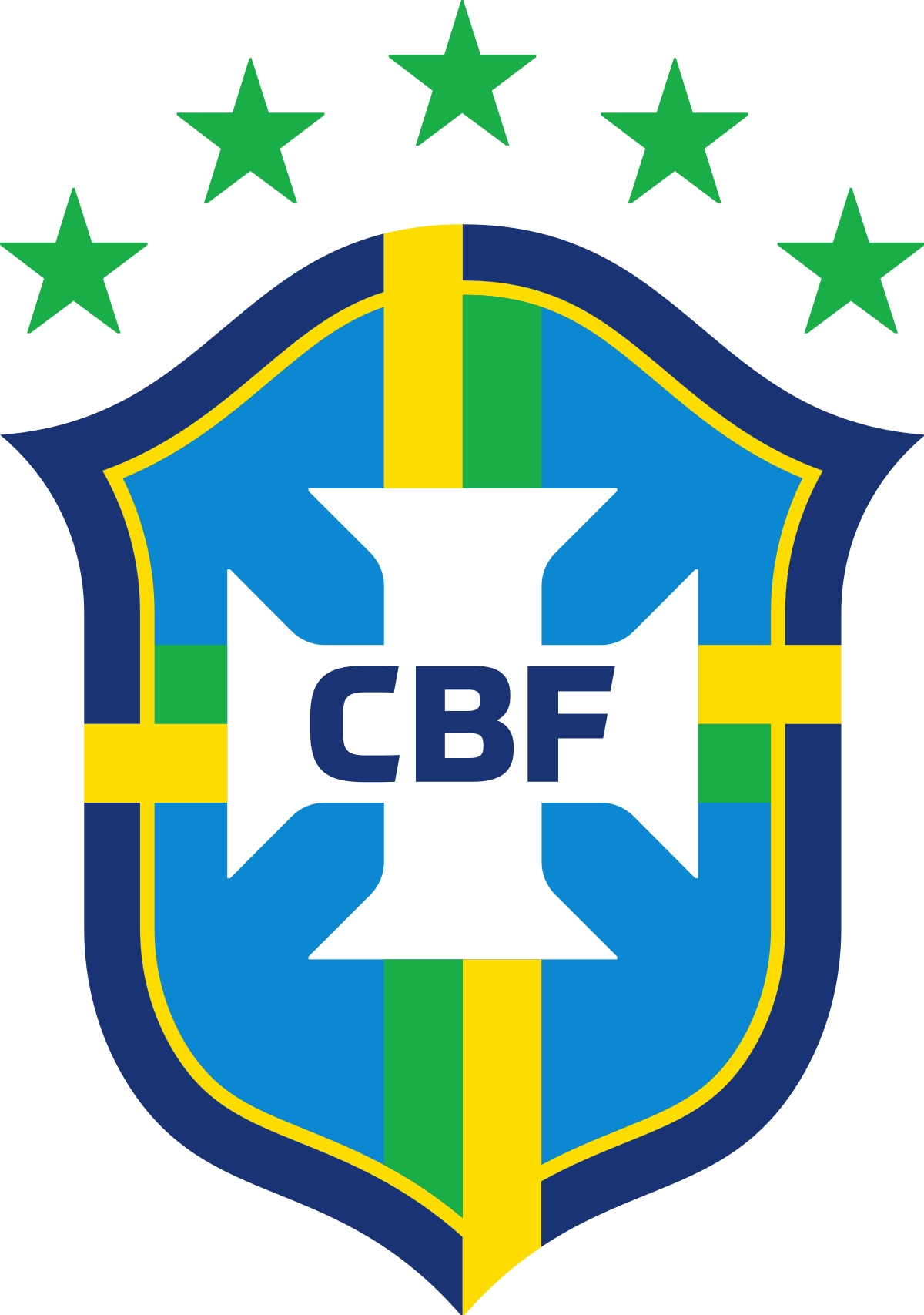
Cameroon (Les Lions Indomptables)
Quarter Finals: 1 (1990)
Group Stage: 6 (1982, 1994, 1998, 2002, 2010, 2014)
Current FIFA Ranking: 43
André-Frank Zambo Anguissa
Read More
André Onana
Read More
Karl Toko Ekambi
Read More
Rigobert Song
Read More
Group G Schedule
Game 1 – Thursday 24th November 2022

Switzerland
16:00 Qatar Time/13:00 GMT
Khalifa International Stadium, Al Rayyan
Game 2 – Monday 28th November 2022

Serbia
22:00 Qatar Time/19:00 GMT
Al Bayt Stadium, Al Khor
Game 3 – Friday 2nd December 2022

Brazil
22:00 Qatar Time/19:00 GMT
Al Bayt Stadium, Al Khor
Notable Honours
In addition to being the first African side to reach a World Cup quarter-final, Cameroon have won the Africa Cup of Nations on five occasions (1984, 1988, 2000, 2002 and 2017). Cameroon also finished as runners-up in the 2003 edition of the Confederations Cup.
Beginnings
Cameroon played their first international fixture in 1956 against the Belgian Congo, falling to a 3-2 defeat. They qualified for the Africa Cup of Nations (AFCON) tournament in Sudan for the first time in 1970. However, They were knocked out in the group stage on goal difference after recording victories over Ivory Coast and Ethiopia, then suffering a 2-1 reversal at the hands of hosts Sudan. The Cameroonians entered World Cup qualification for the first time in 1970, with just one place available for the 16-team tournament. A 4-3 aggregate defeat to Nigeria resulted in a first-round exit.
In qualification for the 1974 World Cup, Cameroon received a walkover in the first round, courtesy of a third-place finish in the 1972 AFCON tournament. They then failed to progress past the second round, with eventual qualifiers Zaire winning 3-1 on aggregate. Cameroon would not grace the AFCON tournament again until 1982. They fared no better in qualification for Argentina ’78, falling at the first hurdle with a 4-2 defeat on aggregate against Congo-Brazzaville. Following this third consecutive qualification failure, Cameroon’s fortunes began to change. While they suffered a group exit in AFCON in 1982, it was the first time they had reached the tournament proper in 10 years. Secondly, with FIFA expanding the tournament for Spain ’82 to 24 teams, Cameroon secured one of two spots awarded to CAF, defeating Morocco 4-1 on aggregate.
First World Cup and First AFCON triumph
Cameroon then proceeded to put in a very creditable performance in their first-ever World Cup. They opened their campaign with a 0-0 draw against Peru before recording the same scoreline against a talented Polish side. Despite a very impressive 1-1 draw with eventual champions Italy, Italy progressed ahead of Cameroon based on goals scored. Reaching the 1984 AFCON tournament in Ivory Coast, the Indomitable Lions were to build on their success in Spain. Despite a 1-0 defeat to Egypt in the opening group game, they reached the semi-finals courtesy of a 4-1 win over Togo and a 2-0 win over Ivory Coast. Following a penalty shoot-out success over Algeria after a 0-0 stalemate, they were to face fellow emerging West African footballing power Nigeria for their first chance at a major international trophy. They did not disappoint – goals from René N’Djeya, Théophile Abega, and Ernest Ebongué were enough to secure a 3-1 victory.
Disappointment, Then More AFCON Glory
Qualification for the 1986 World Cup following Cameroon’s recent emergence as a footballing power got off to a hugely disappointing start in the form of a 4-1 defeat away to Zambia. Cameroon could not claw back the deficit at home and crashed out 5-2 on aggregate. Some consolation in the form of two AFCON finals arrived in 1986 and 1988. The Cameroonians lost on penalties following a 0-0 draw with Egypt in 1986’s final in a tournament which featured legendary striker Roger Milla as the top goalscorer with four goals. In 1988, they were to go one better, defeating Nigeria 1-0 to win their second AFCON title.
Roger Milla’s Exploits in 1990
Having qualified for Italia ’90 following a 2-0 victory over Tunisia in the final qualification round, Cameroon opened their tournament with a famous 1-0 victory over reigning champions Argentina despite finishing the game with nine men. François Omam-Biyik scored the decisive goal. They followed up with a 2-1 win over Romania, with Roger Milla scoring both goals late in the second half to give the Cameroonians a two-goal lead. With their progression to the round of sixteen assured, Cameroon suffered a heavy 4-0 defeat to a highly motivated Soviet Union side determined to progress via goal difference. This situation never materialised for the Soviets as Argentina and Romania played out a 1-1 draw to ensure mutual qualification.
Milla was central to ensuring Cameroon reached the quarter-finals, scoring both goals in a 2-1 extra-time win over Colombia. A meeting with England in Naples followed, and after David Platt’s 25th-minute opener, Cameroon struck twice around the hour mark through Emmanuel Kundé and Eugène Ekéké to turn the tie on its head. Cameroon were approximately 10 minutes away from reaching the semi-finals before Gary Lineker converted from the spot to take the game into extra time. It was Lineker again who repeated the trick in the 105th minute to send the Cameroonians home. It had been a wildly successful tournament for Cameroon and the first time an African nation had made the last eight of a World Cup. Indeed, FIFA awarded CAF an additional spot for USA ’94 as a result.
World Cup Group Stage Exits and Further AFCON Successes
Fourth place in AFCON 1992 would represent Cameroon’s best showing for a while as they would fail to qualify in 1994 and suffered group stage and quarter-final exits in 1996 and 1998, respectively. Despite these disappointments, Cameroon once more reached the World Cup in 1994, where the USA were the host. While Cameroon started the tournament positively, picking up a point in an entertaining 2-2 draw with a talented Sweden side, this served as the high watermark of a hugely disappointing tournament. In their second group game, Brazil eased to a 3-0 victory leaving the Cameroonians requiring a win over Russia in their final group match. A humiliating 6-1 defeat ensured their exit, with Milla scoring the consolation goal, gaining him a place in history as the oldest goalscorer at a World Cup.
In France ’98, a late Toni Polster equaliser against Austria in the first match cancelled Pierre Njanka’s beautiful 77th-minute opener. The pressure was therefore increased ahead of Cameroon’s crucial middle game against Italy. A comprehensive 3-0 defeat meant Cameroon required a victory in their final group game to progress, but they could only muster a 1-1 draw and, consequently, a third-place finish. Cameroon’s third and fourth AFCON triumphs followed in 2000 and 2002 before heading to Japan and South Korea in ’02 full of confidence. They were drawn in what appeared to be a relatively kind group, with a Republic of Ireland team in crisis following captain and influential midfielder Roy Keane’s pre-tournament exit. A 1-1 draw followed, and as the Irish then equalised late on against Germany for a 1-1 draw, Cameroon needed a result against the Germans. In fact, they probably needed a win due to goal difference considerations, as the Cameroonians had only managed a 1-0 victory over group whipping boys Saudi Arabia. Cameroon could not muster a reply to Germany’s two second-half goals and finished in third place in the group.
The Fifth AFCON Title and Hopes for Qatar
Whilst Cameroon finished as runners-up in AFCON ’08 and impressively as runners-up in the 2003 Confederations Cup, they failed to qualify for Germany ’06. They did get to both 2010 and 2014, but six consecutive defeats and a particularly abysmal performance in Brazil in 2014 ensued. A further failure to qualify in 2018 means Cameroon will be keen to get off to a positive start in their group opener against Switzerland. There have been recent signs of improvement. These include a 2017 AFCON final victory over Egypt and making it through a brutal qualification campaign. This campaign saw them drawn against Ivory Coast in the group stage and coming through a difficult (owing to seeding and Cameroon’s relatively low FIFA rank) third and final round tie against Algeria on away goals (2-2). They will hope to summon the spirit of 1990 in a formidable-looking group.
Road to Qualification
CAF Second Round: Group D: 1st Place
Record: Played:6 W5 D:0 L:1 F:12 A:3 GD:+9 Points:15
CAF Third Round: Play-off vs Algeria. First Leg 0-1. Second Leg 2-1 after extra time. 2-2 aggregate, advance on away goals.
Date of Qualification: 29th March 2022
CAF requires the ten group winners to emerge from a play-off round (seeded according to World Ranking) to fill Africa’s five qualification spots. Cameroon advanced to their play-off with Algeria, defeating Ivory Coast 1-0 to qualify at the Ivorians’ expense. Following a disappointing 1-0 defeat in the first leg at home, Cameroon had it all to do. A first-half goal from Eric Maxim Choupo-Moting was enough to take the tie to extra time in Algeria. Ahmed Touba appeared to have clinched qualification for Algeria in the 118th minute. However, incredibly, a 124th-minute winner from Lyon striker Karl Toko Ekambi was to send Cameroon through instead.
Meet the Coach: Rigobert Song (age 46)
Song’s playing career included spells at Metz, Liverpool, West Ham and Galatasaray, amongst others. Cameroon’s record appearance holder and veteran of four World Cup campaigns took charge of the national team in February 2022, replacing Toni Conceição. Having served as Cameroon’s caretaker manager and then their under-23 manager from 2018-2022, Song managed to guide the Indomitable Lions through their play-off with Algeria. He hopes to impress in Qatar.
Possible Starting XI and Style of Play

Cameroon’s style of play under Song typically involves a variation of 4-3-3/4-5-1. However, they have experimented with three central defenders and might be tempted to use this system should they find themselves exposed at the back. Acquiring a reputation for solidity rather than fluidity, some have criticised this approach as a backward step from the previous incumbent’s tactical approach. Cameroon’s forward unit must not be isolated and must remain connected to the rest of the team. This situation is where we cannot underestimate Zambo Anguissa’s importance to Cameroon. He will be tasked with replicating his club form in a different system. However, if successful, Song could retain the solidity he craves without jeopardising his team’s attacking impetus.
Squad List
Goalkeepers: Andre Onana, Devis Epassy, Simon Ngapandouetnbu
Defenders: Jean-Charles Castelletto, Enzo Ebosse, Collins Fai, Olivier Mbaizo, Nouhou Tolo, Nicolas Nkoulou, Christopher Wooh
Midfielders: Olivier Ntcham, Gael Ondoua, Martin Hongla, Pierre Kunde, Samuel Oum Gouet, Andre-Frank Zambo Anguissa, Jerome Ngom
Forwards: Nicolas Ngamaleu, Christian Bassogog, Bryan Mbeumo, Georges-Kevin Nkoudou, Jean-Pierre Nsame, Vincent Aboubakar, Karl Toko-Ekambi, Eric Maxim Choupo-Moting, Souaibou Marou
Key Players
André-Frank Zambo Anguissa
Date and Place of Birth: (16.11.1995, Yaoundé)
Current Club: Napoli
Caps/Goals: 42/5
Operating primarily as a defensive midfielder but capable of playing more of a box-to-box role, as evidenced by his time at Napoli so far, Zambo Anguissa possesses both a high work rate and superb technical ability. Therefore, he can play multiple roles in the middle of the park. Anguissa has been playing a more dynamic role for Napoli of late and appears to be becoming a goal threat from midfield in his own right. The timing could not be more fortuitous for Cameroon as his goals from the middle of the park could prove invaluable.
André Onana
Date and Place of Birth: (02.04.1996, Nkol Ngok)
Current Club: Internazionale
Caps/Goals: 32/0
Spending 5 years at La Masia after being signed from the Samuel Eto’o foundation, Onana joined Ajax as a 19-year-old in 2015. After spending a couple of seasons with the youth team Jong Ajax playing in the Netherlands’ second tier, Onana quickly established himself as Ajax’s first-choice goalkeeper. Over five seasons, he cultivated a strong reputation for incredible reaction saves and a strong sense of positioning and timing. Onana joined Inter in July 2022 and has recently replaced former number 1 Samir Handanovic as both the Serie A and UEFA Champions League goalkeeper.
Karl Toko Ekambi
Date and Place of Birth: (14.09.1992, Paris, France)
Current Club: Lyon
Caps/Goals: 50/12
Currently enjoying something of a career renaissance, Ekambi has delivered on the early promise he displayed at Sochaux and Angers, which earned him a big-money move to Villarreal in 2018. After losing his place at Villarreal, Ekambi joined Lyon on loan and then permanently the following season. He rewarded their faith with 32 goals in 85 league appearances. Most effective playing as an inverted winger on the left side of attack, it is hoped that Ekambi will form part of a potent attacking unit in Qatar.
